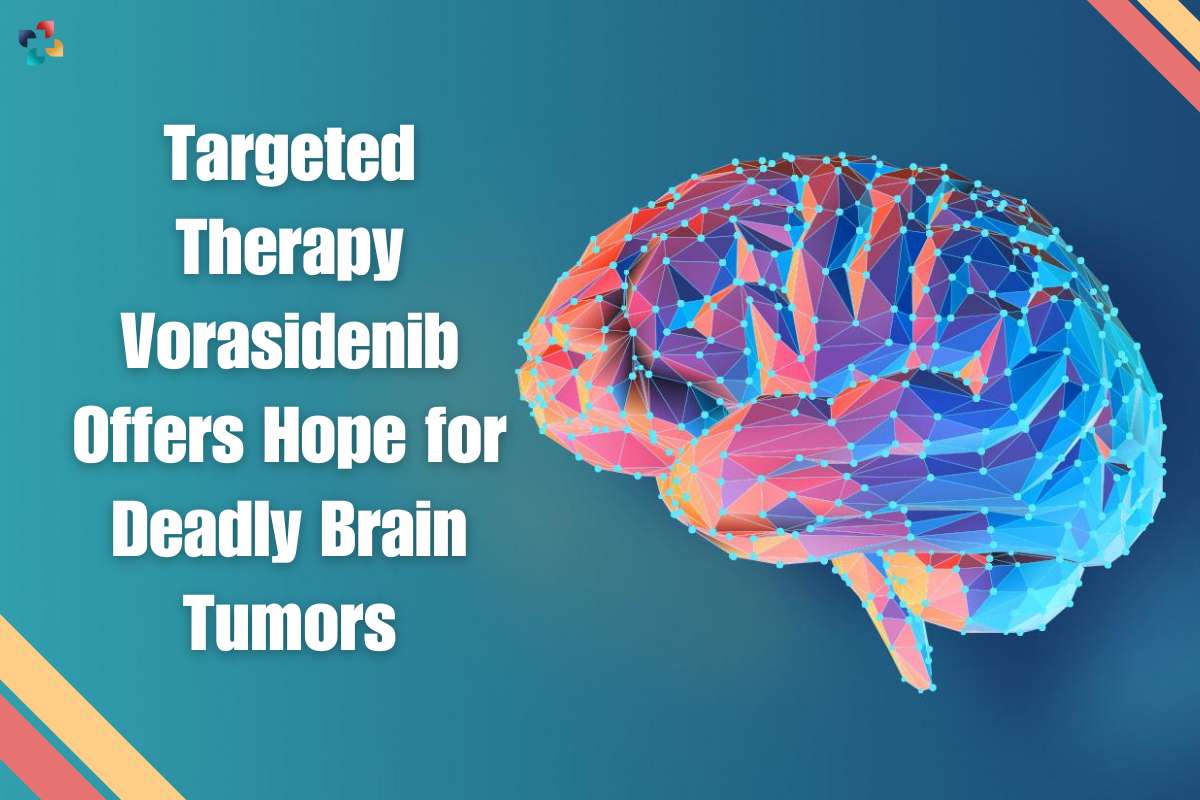Vorasidenib, a recently created medication, has demonstrated potential in extending progression-free survival for patients with a certain subtype of glioma. A targeted therapy drug called vorasidenib had positive results in delaying the progression of a specific form of glioma, slow-growing but deadly brain tumors.
According to the multinational trial, people taking Vorasidenib could delay the need for radiation therapy and chemotherapy by almost 17 extra months without their cancer getting worse. The medication primarily targets slow-growing grade 2 gliomas, which frequently affect younger people and have IDH1/2 mutations.
Key details
- IDH-mutant gliomas are created and kept alive by the oncometabolite 2-HG. Vorasidenib, a dual inhibitor of mutant IDH1/2, stops this from happening.
- The experiment included 331 patients, and those receiving Vorasidenib had considerably longer intervals without illness progression than those receiving a placebo (11.1 months on average).
- The medicine Vorasidenib, which can cross the blood-brain barrier, is the subject of this investigation, which is the first clinical trial to look at a targeted therapy treatment specifically created to treat brain tumors.
Researchers from UCLA and other institutions across the world have demonstrated that a new targeted therapy medicine can prolong the time that patients with a certain subtype of glioma get treatment without their condition getting worse. The discovery raises the possibility of a novel therapeutic approach for sufferers of the lethal but slow-growing brain tumors.
Increased progression-free survival
The team discovered that in patients with recurrent grade 2 glioma and IDH1 and IDH2 mutations, vorasidenib increased progression-free survival by a factor of more than two. Vorasidenib users experienced roughly 17 additional months without their cancer deteriorating compared to those who received a placebo, delaying the requirement for starting chemotherapy and radiotherapy. The findings were presented today at the American Society of Clinical Oncology annual meeting in Chicago after being published in the New England Journal of Medicine. Recurrent grade 2 glioma with IDH1 and IDH2 mutations, the form of glioma examined in the paper, typically affects younger persons, frequently those in their 30s.
The current standard of care, a radiation and chemotherapy regimen, can result in neurological deficits that make it difficult for patients to learn, remember new information, concentrate, or make day-to-day decisions — all of which can be particularly difficult for people who have young families or are just starting their careers. Professor of neuro-oncology at the David Geffen School of Medicine at UCLA and co-senior author Dr. Timothy Cloughesy.
Chemotherapy and Radiation Treatments
The availability of a medication that enables patients to wait longer intervals between chemotherapy and radiation treatments could have a significant impact, according to Dr. Timothy Cloughesy, professor of neuro-oncology at the David Geffen School of Medicine at UCLA and co-senior author of the study.
Cloughesy, who is also a member of the UCLA Jonsson Comprehensive Cancer Centre, stated, “We’re always worried about the delayed consequences of radiation. For this patient population, it is crucial and extremely important to be able to delay receiving radiation therapy to the brain with effective therapy.
Targeted Therapies
The oncometabolite 2-Hydroxyglutarate, or 2-HG, is formed when genetically changed copies of two enzymes, IDH1 and IDH2, are present in a tumor. Vorasidenib is categorized as a dual inhibitor of mutant IDH1/2 since it prevents the accumulation of 2-HG. IDH-mutant gliomas are believed to develop and remain active due to 2-HG. The research is the initial clinical examination of a targeted therapy medication created especially to treat brain tumors.
Specific chemicals involved in the growth and spread of cancer cells are the focus of targeted therapy. Targeted therapies, as opposed to chemotherapy and other treatments, attack only cancer cells that have the mutant target, causing the least amount of harm to healthy cells.











